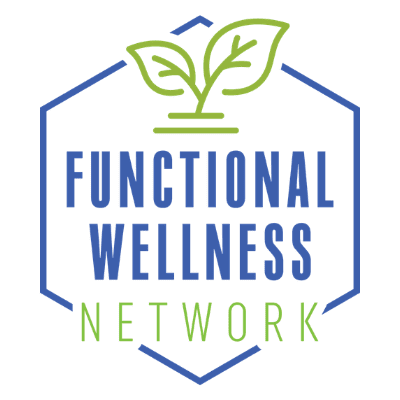The relationship between sugar consumption and health has been the subject of increasing attention in recent years. Numerous studies have demonstrated that excessive intake of added sugars is linked to various diseases, such as obesity, type 2 diabetes, heart diseases, and more. In this blog, we will explore scientifically grounded strategies to reduce sugar consumption and promote a healthier lifestyle.
Understanding Sugar: Types and Sources
Before addressing the reduction of sugar consumption, it is crucial to understand the types of sugar and their sources. Not all sugars are equal, with some naturally found in foods like fruits and vegetables, while others are added during the manufacturing of processed products.
Natural Sugars:
• Fruits
• Vegetables
Dairy Added Sugars:
• Sugary beverages
• Baked goods
• Processed foods

Nutritional Labels: Intelligent Decoding
When tackling the task of reducing sugar consumption, nutritional labels become powerful tools. Learning to interpret the nutritional information of products is essential for making informed decisions.
• Familiarizing with Sugar Names: Identifying terms like high-fructose corn syrup, sucrose, among others.
• Attention to Portions: Labels provide information based on servings. Ensuring understanding of actual servings is crucial to avoid unpleasant surprises.
Homemade Cooking and Sugar Control
One of the most effective strategies to reduce sugar consumption is preparing meals at home. This allows for complete control over ingredients and the amount of added sugar.
• Healthy and Low-Sugar Recipes: Exploring culinary options that prioritize fresh ingredients and minimize the use of refined sugar.
• Natural Substitutes: Incorporating natural substitutes like honey or maple syrup instead of processed sugars.
Awareness of Sugary Drinks
Sugary beverages are a significant source of added sugars in the diet. Taking steps to reduce their consumption can make a big difference in overall sugar intake.
• Opting for Healthy Alternatives: Water, unsweetened tea, or fruit infusions can be excellent substitutes for sugary drinks.
• Understanding Beverage Labels: Examining beverage labels to assess their sugar content and make informed decisions.
___





